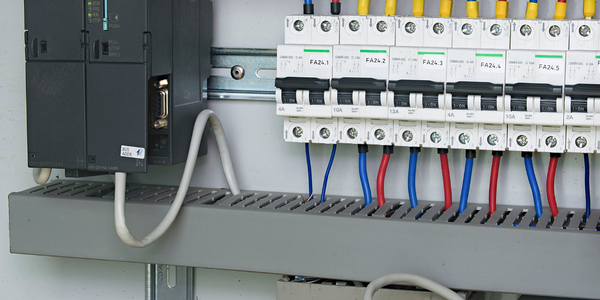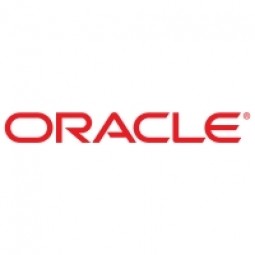
技术
- 基础设施即服务 (IaaS) - 云数据库
适用行业
- 电子产品
客户
大炮
关于客户
佳能是一家日本跨国公司,专门生产成像和光学产品,包括照相机、摄像机、复印机、步进机、计算机打印机和医疗设备。其总部位于日本东京。
挑战
佳能希望构建一个基础设施,使物联网系统能够处理从超过 100 万台多功能打印机接收的大量数据,并支持连接到物联网的打印机数量增长 2 倍,并确保迁移到物联网平台以最大限度地减少中断面向全球办公产品业务运营,部署易于管理的容灾系统,减少物联网环境的切换时间。
解决方案
该解决方案包包括 Oracle Exadata Database Machine、Oracle Exalogic Elastic Cloud、Oracle Coherence、Oracle Service Bus、Oracle Event Processing、Oracle Real Application Clusters、Oracle GoldenGate 和 Oracle Active Data Guard。该解决方案包通过接收和处理大量打印机数据的速度比以前快 5 倍,帮助佳能提高系统性能。软件组件 - Oracle Coherence - Oracle Service Bus - Oracle 事件处理 - Oracle Real Application Clusters - Oracle GoldenGate - Oracle Active Data Guard
运营影响
数量效益

Case Study missing?
Start adding your own!
Register with your work email and create a new case study profile for your business.
相关案例.

Case Study
Remote Temperature Monitoring of Perishable Goods Saves Money
RMONI was facing temperature monitoring challenges in a cold chain business. A cold chain must be established and maintained to ensure goods have been properly refrigerated during every step of the process, making temperature monitoring a critical business function. Manual registration practice can be very costly, labor intensive and prone to mistakes.

Case Study
Predictive maintenance in Schneider Electric
Schneider Electric Le Vaudreuil factory in France is recognized by the World Economic Forum as one of the world’s top nine most advanced “lighthouse” sites, applying Fourth Industrial Revolution technologies at large scale. It was experiencing machine-health and unplanned downtime issues on a critical machine within their manufacturing process. They were looking for a solution that could easily leverage existing machine data feeds, be used by machine operators without requiring complex setup or extensive training, and with a fast return on investment.

Case Study
Cloud Solution for Energy Management Platform-Schneider Electric
Schneider Electric required a cloud solution for its energy management platform to manage high computational operations, which were essential for catering to client requirements. As the business involves storage and analysis of huge amounts of data, the company also needed a convenient and scalable storage solution to facilitate operations efficiently.

Case Study
Leveraging the IoT to Gain a Competitive Edge in International Competition
Many large manufacturers in and outside Japan are competing for larger market share in the same space, expecting a growing demand for projectors in the areas of entertainment, which requires glamor and strong visual performance as well as digital signage that can attract people’s attention. “It is becoming more and more difficult to differentiate ourselves with stand-alone hardware products,” says Kazuyuki Kitagawa, Director of Service & Support at Panasonic AVC Networks. “In order for Panasonic to grow market share and overall business, it is essential for us to develop solutions that deliver significant added value.” Panasonic believes projection failure and quality deterioration should never happen. This is what and has driven them to make their projectors IoT-enabled. More specifically, Panasonic has developed a system that collects data from projectors, visualizes detailed operational statuses, and predicts issues and address them before failure occurs. Their projectors are embedded with a variety of sensors that measure power supply, voltage, video input/ output signals, intake/exhaust air temperatures, cooling fan operations, and light bulb operating time. These sensors have been used to make the projector more intelligent, automatically suspending operation when the temperature rises excessively, and automatically switching light bulbs. Although this was a great first step, Panasonic projectors were still not equipped with any capability to send the data over a network.









